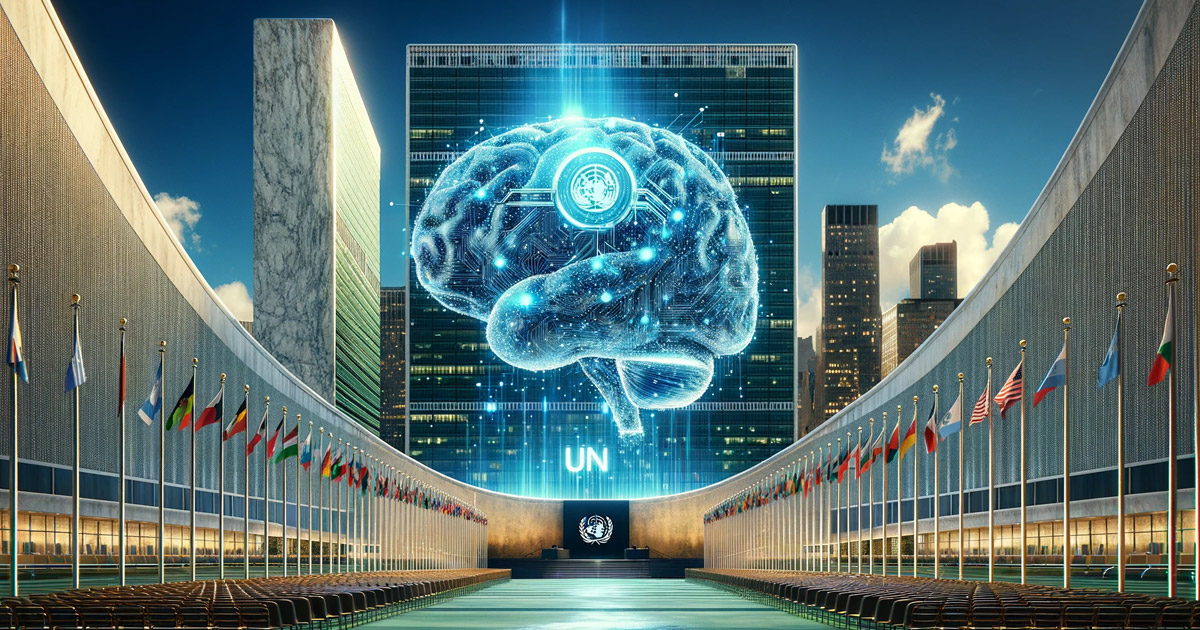United Nations General Assembly Adopts Global Artificial Intelligence Resolution
The United Nations General Assembly recently passed a groundbreaking resolution on March 21, focusing on the development of artificial intelligence (AI) with an emphasis on safety, security, and trustworthiness. The Assembly underscored the critical importance of ensuring that AI technologies are crafted sustainably while upholding and safeguarding human rights.
The AI Resolution
The eight-page document issued by the UNGA urges member states and stakeholders to utilize AI technologies in ways that align with established international human rights laws. It recognizes the disparities in technological advancements among different countries and advocates for initiatives to bridge this developmental gap.
Key components of the resolution emphasize the need for awareness-raising, increased investments, privacy protection, transparency, and the promotion of diversity within the realm of AI development. Moreover, there is a call for governments to establish guidelines, practices, and standards for the responsible advancement of AI, with a directive for specialized agencies and UN-associated entities to address pertinent AI-related concerns.
Supported by a coalition of over 120 countries, the resolution achieved unanimous approval without the need for a formal vote from the 193 member states of the United Nations.
US Spearheads AI Resolution Efforts
The United States played a pivotal role in championing the AI resolution, serving as its primary sponsor after four months of diplomatic negotiations with other nations. A statement from the White House and National Security Advisor Jake Sullivan lauded the resolution’s focus on upholding human rights principles within AI development.
Sullivan emphasized that “protecting human rights and fundamental freedoms must lie at the core of AI system development and deployment.”
In a separate statement, Vice President Kamala Harris expressed her and President Joe Biden’s commitment to establishing robust international standards governing AI and related technologies. Harris hailed the resolution as a significant milestone in defining clear international norms and stressed the urgency of addressing both global and localized risks associated with AI implementation.
Global Efforts Toward AI Regulation
The UN’s comprehensive resolution mirrors recent endeavors in various regions to regulate the burgeoning AI sector. The European Parliament’s adoption of the AI Act on March 13 aims to establish governance frameworks for the European Union, while the European Commission’s inquiry into AI use by major tech companies under the Digital Services Act signifies a proactive approach to oversight.
In the United States, the Biden administration issued an executive order in October 2023 aimed at enhancing safety and security measures concerning AI applications. India also took steps to introduce AI requirements ahead of its national elections in March, showcasing a global trend toward proactive AI governance.
Image/Photo credit: source url





